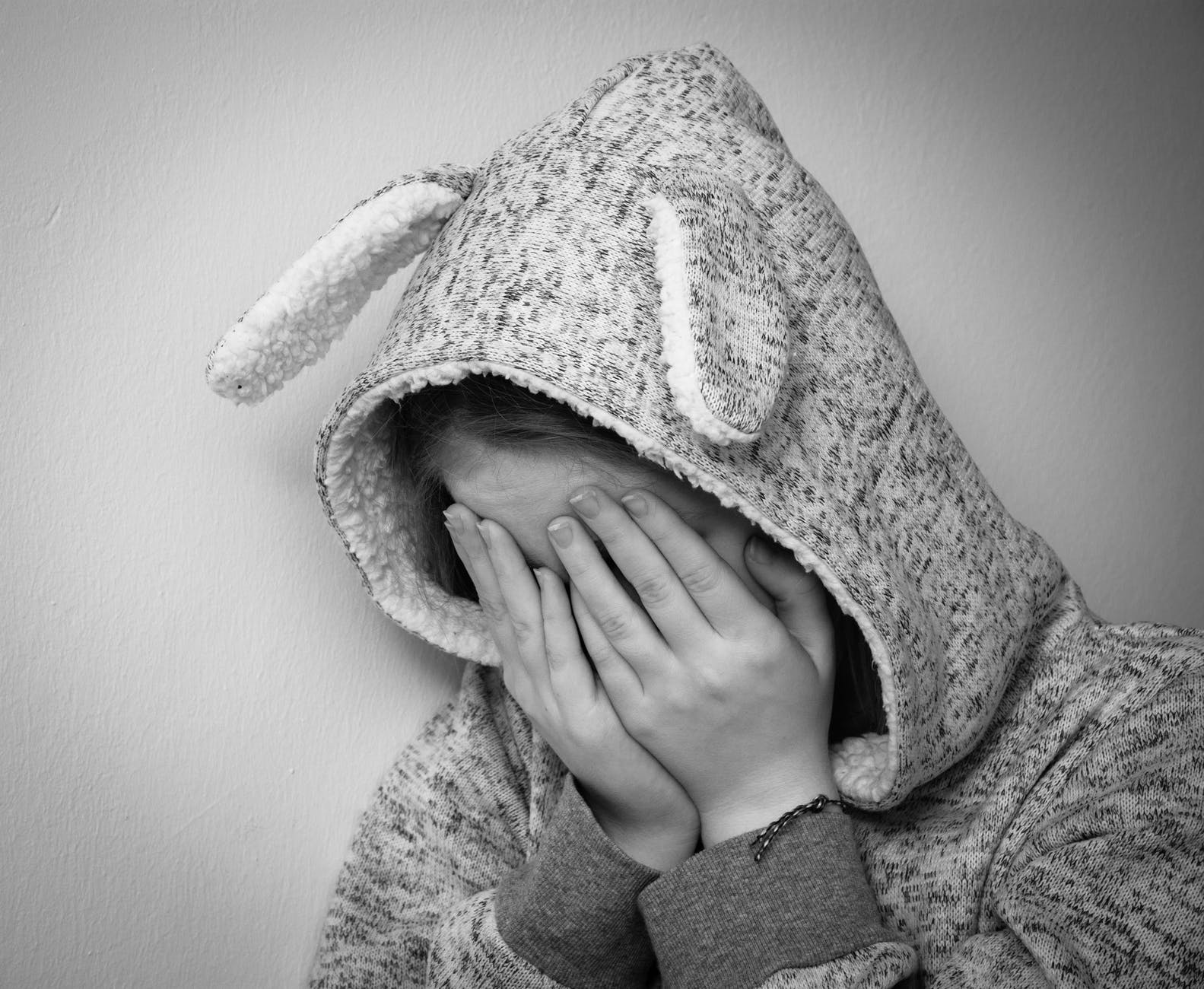Anxiety can be overwhelming to both the child and parents. It can negatively affect the child’s ability to attend school, sleep, and other areas of his/her life. As parents, it is extremely difficult for you to see your child suffer. It is natural to seek strategies to stop the anxiety.
Learning to manage the symptoms of anxiety can take time and practice. But these simple tips will help your child cope with their anxiety.
Write it out
If your child is struggling with stress and anxiety, keeping a worry journal can be of great help. Encourage them to write down their thoughts, feelings, and worries of the day. Not only will it help them understand their thoughts and feelings more clearly, but it will also help them break the cycle of negative thinking.
You can also ask your child to write down their worries on a piece of paper. Then, ask the child to read it out loud, tear it up and throw it away. This will help kids say their worries out loud and let go of them. Since anxiety tends to spike at night, it is best to do this an hour before bedtime.
Relaxation strategies
Most kids tense their muscles when they feel anxious. Some would even hold their breath. Kids need to learn how to regulate their physical and emotional responses.
Teach your kids to do deep breathing exercises when they feel anxious. Ask the child to take slow deep breaths and think of happy thoughts. This will relax their muscles, slow their heart rate, and help them calm down.
Empathize
Anxiety can be paralyzing, especially to young children. They struggle with day-to-day activities. Some would even isolate themselves. Empathize with your child. Let them know that they are not alone and that you’ll always be there by their side.
Avoid avoidance
Many well meaning parents would attempt to protect their children by avoiding the things they are afraid of or whisking them out of an uncomfortable situation. While it would make them feel better in the short-term, it exacerbates the anxiety in the long run.
Not all triggers can be avoided. Also, avoiding triggers will not help the child build coping skills. Don’t avoid things just because they make a child anxious.

